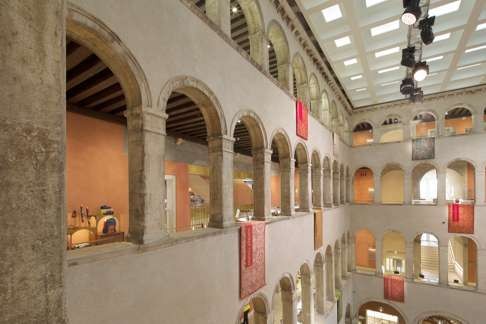
DFS chief on its new Venice store and why Hong Kong luxury sales boom is over
Duty-free retailer’s CEO says opening in Italian city is part of firm’s expansion beyond Asia-Pacific and airport stores, and admits it may have been overreliant on Hong Kong and Macau markets
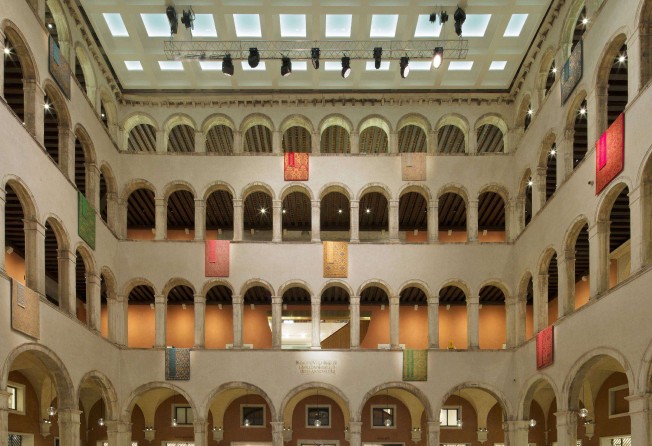
In October, luxury travel retailer DFS Group opened its first European store, in Venice, to much fanfare. Housed inside a 13th-century building at one end of the Rialto bridge over the Grand Canal, the store is the biggest luxury retail space in Venice and a statement of intent from the Hong Kong-headquartered company that it seeks to expand beyond airport duty-free stores.

Creating the Venice store, called T Fondaco Dei Tedeschi by DFS, took two years and was a complex process thanks to the history of the site and the need to be sensitive to Venice’s unique architecture.
The company employed as architects and interior designers Rem Koolhaas, Jamie Fobert and Philippe Starck to adapt the site. Given the trio’s renown, the project garnered a great deal of press and critical attention.
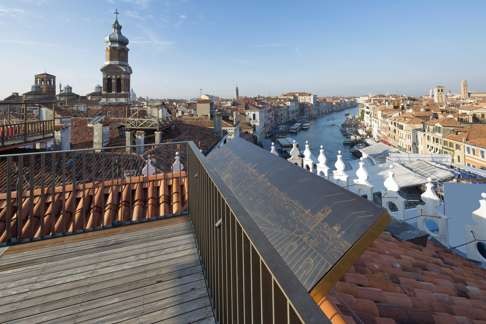
The opening of the Venice store in such a prominent location, which followed that of a DFS store in Siem Reap in Cambodia earlier this year, is the most gilded manifestation so far of the retailer’s strategy for change – one brought about by a slowdown in its traditional core markets.
Schaus, 53, has been running DFS since 2012, and has seen both the highs and current lows of luxury retailing.
“Let’s be frank, the last five years have been bumpy, especially the last two or three years, and that’s because there’s been a change in the customer, a change in the environment and that change, I think, is here to stay,” he says.
The 2015 annual report of LVMH, the French luxury conglomerate which is the majority shareholder in DFS (DFS’ other shareholder is co-founder Bob Miller), said its travel retail division “continued to be faced with a complex situation in Asia”. Schaus is more blunt and admits that the company was, perhaps, “overly dependent” on Hong Kong and Macau during the luxury boom and so felt the slowdown more than most.
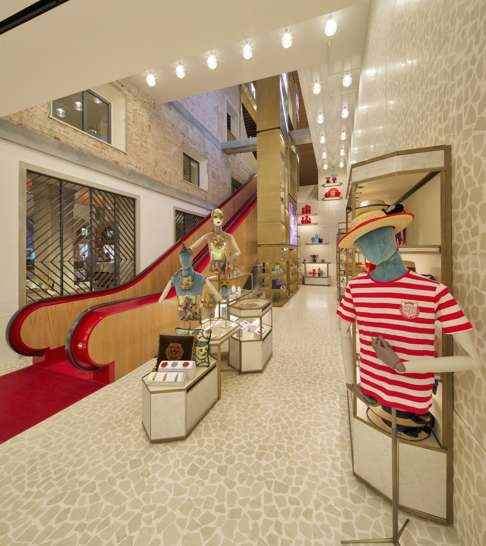
“We are in a business that is highly volatile by nature, but we are a travel retail company at our core, so we follow the traveller. First we followed the Japanese when they began to travel and then we followed the Chinese,” says Schaus. He says Chinese travellers, and particularly the wealthy elite, now look to Europe instead of Macau and Hong Kong for leisure and shopping holidays.
Macau is coming back, the number of travellers are coming back. There’s a lot of investment and a lot of new things like City of Dreams. The catchment area of Macau has also increased
DFS’ push westward does not mean the company is abandoning its home market, however – at least not in the gambling capital of Asia.
“Macau is coming back, the number of travellers are coming back. There’s a lot of investment and a lot of new things like City of Dreams. The catchment area of Macau has also increased due to infrastructure,” Schaus says, pointing out that the gambling-centric city is successfully rebranding itself as a general entertainment destination that attracts a new type of tourists.
“Before, the typical tourist was male and a heavy gambler. Now it’s couples with kids. They go for other things like food and entertainment.”
DFS’ investment in the Venice and Siem Reap stores is part of an ongoing expansion which includes multimillion-dollar refurbishments of its stores in places such as Sydney and Auckland. Clearly, the company’s immediate future is based on physical stores at a time when retailing, and particularly luxury retailing, is moving to the internet and mobile technology.
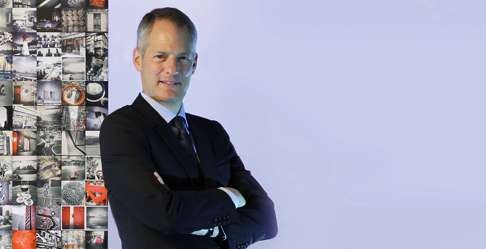
Schaus says shopping should be more about the experience, instead of “just selling stuff”. The Fondaco Dei Tedeschi site, for example, will host a series of cultural events.
Still, he isn’t ignoring online shopping. He says DFS will have a more concrete plan for an online store to go with the physical Venice store by February 2017.
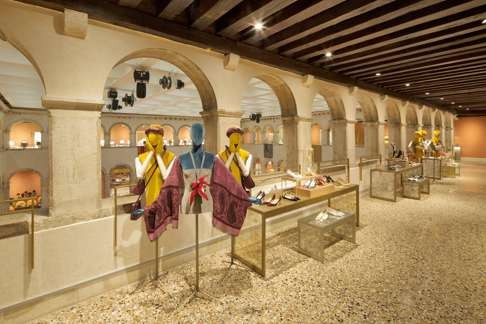
Schaus is bullish about DFS’ prospects given its big commitment to rebalancing, but says he doesn’t expect travel retailing to boom again like it did a few years ago.
“I don’t see how we can go back to where we were three years ago, which was a world of exuberance, where customers were buying and discovering luxury, spending indiscriminately. The world has evolved. Normality is what we have today,” he says.